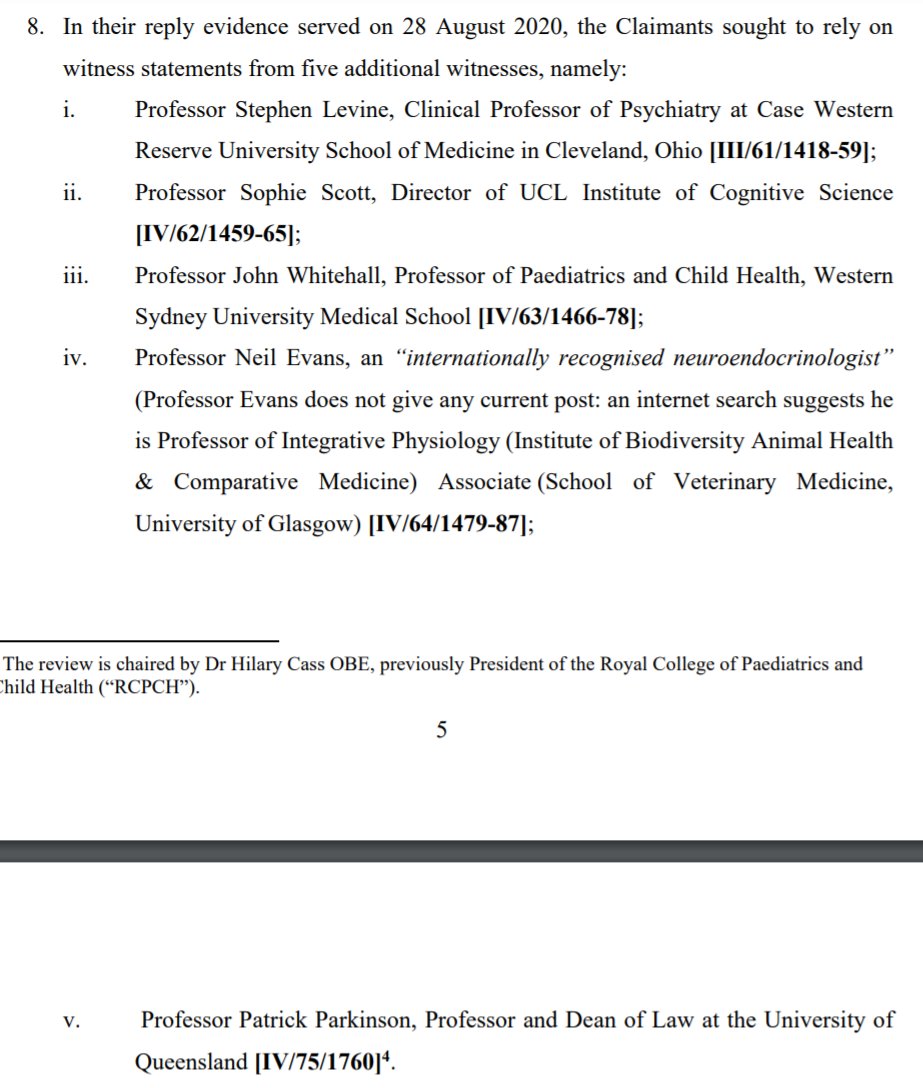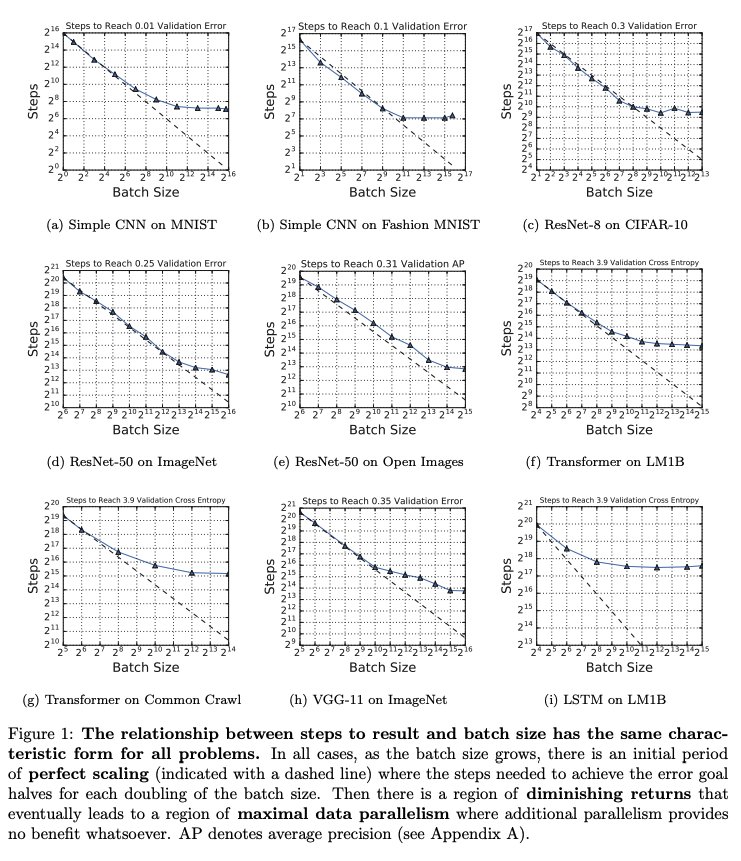Today the superior court will hear oral arguments in Midtown Citizens Coalition v. Municipality of Anchorage. "MCC" is an unofficial group that opposes the recall of Assembly member Felix Rivera. The question is whether the Muni properly certified the recall petition. #aklaw
Oral argument in scheduled for January 21 at 3 pm in this case & will be telephonic. To listen, call 1-800-768-2983, code: 2640561#. Alternate phone numbers if the toll-free number gives you trouble: 1-907-206-2349 or 1-913-904-9867 or 1-212-231-3884.
— Alaska Court System (@AlaskaCourt) January 20, 2021
1. "The grounds for recall stated in the petition are insufficient as a matter of law, and therefore the petition should have been rejected."

More from Law
You can see who gave evidence in her support from these extracts from the Tavistock's Skeleton Argument.

Helpful for you to bear in mind that her solicitor was a man called Paul Conrathe, who has a long association with the religious right in the US (I have talked about him a number of times but this is as good a starting point as any).
In this thread, I noted the lawyer acting against the Tavistock, Paul Conrathe, is using very similar arguments (those under 18 cannot consent at all; or cannot lawfully consent without x conditions) as he has run/is running in a number of cases challenging abortion rights. https://t.co/gJk4c9bUED
— Jo Maugham (@JolyonMaugham) June 21, 2020
I am not going to address here other criticisms that might be made of the form in which that evidence was given or the timing of its service before the court. I am just going to address, in alphabetical order, the individuals whose evidence Mr Conrathe led on Ms Bell's behalf.
The first witness, alphabetically, was Associate Professor of Sociology at the University of Oxford, Michael Biggs.
Mr Biggs was exposed for posting transphobic statements online under a fake twitter handle: @MrHenryWimbush according to this report.
The entire first part of the hearing related to messages sent by certain individuals from the Stonewall Trans Advisory Group seeking cooperation with trans allies at Garden Court. So far all the discussion has been about whether their names must remain redacted.
— LGB Alliance (@ALLIANCELGB) February 11, 2021
The judge has ruled that for this hearing only, the names should remain redacted.
It is a Rule 50 Order. These particular individuals are members of Stonewall’s Trans Advisory Group and their names may well be known elsewhere. What is relevant is the messages from the group to Garden Court.
The judge states she would not make the same decision at the full hearing. This is only for the preliminary hearing.
Having dealt with the anonymity issue we now move to the main submissions in the case.
1. Facts are different from opinions. But stating an opinion can imply a fact. https://t.co/1PkiI4olib

2. When I tweet I aim to be sure A. I show the *facts* I am basing my *opinion* on. B. I have good reason to believe the *facts* are true. C. My opinion is reasonable based on the facts.
Here I am calling Arron Banks a racist (opinion). Pointing out this is because he called for mosques to be demolished (fact). 4/
Reminder: https://t.co/KpWzq0aF8C is run by Arron Banks who called for British mosques to be demolished. They\u2019ve always been openly racist. https://t.co/n8uppHUqQ5
— Simon Cox (@SimonFRCox) October 9, 2019
I can prove this fact - and others - about what Banks has said. And I can justify why in my opinion that shows he’s a racist. 5/















